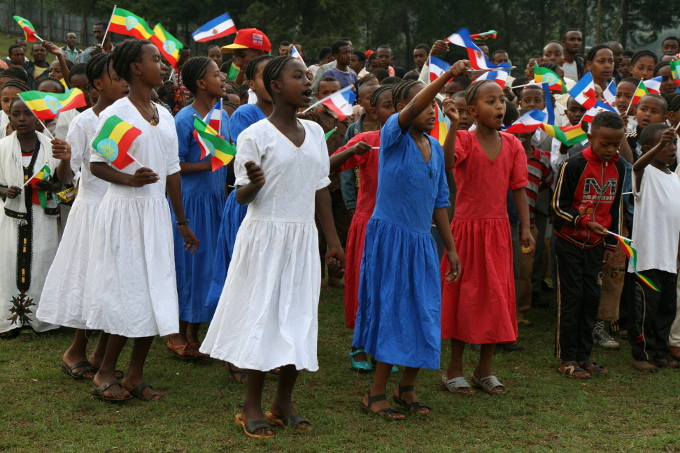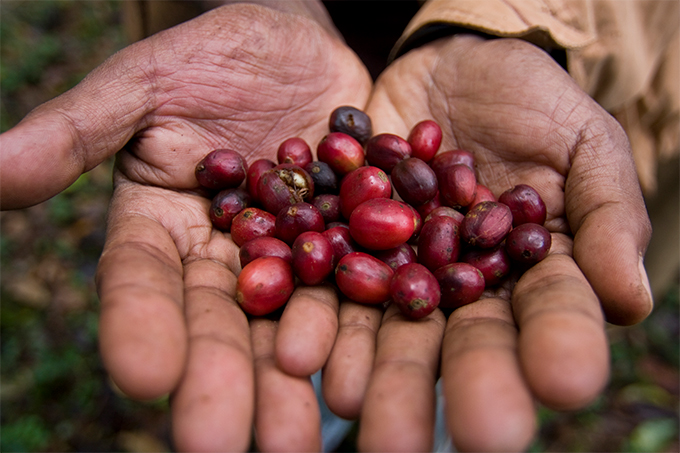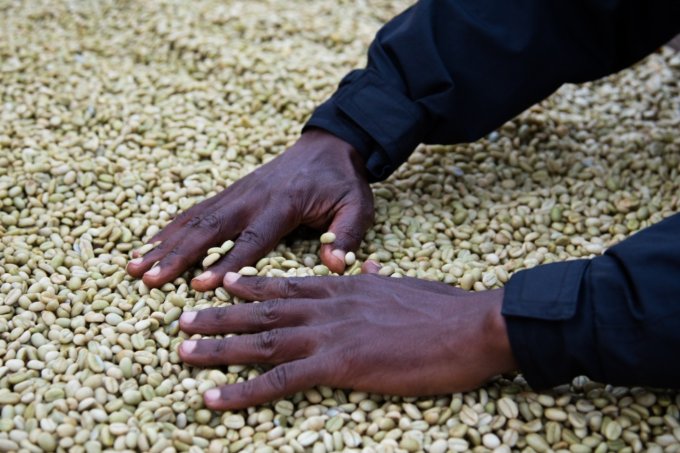The People of Kafa
Local communities depend on the forest
The forest ecosystem makes an important contribution to the livelihoods of people in the area. It provides wild coffee, a variety of commercially valuable spices and honey from wild bees.
Like everywhere in Ethiopia, livestock plays an important role, and according to their wealth, families own a smaller or larger herd of cattle. Most of the people living within the Biosphere Reserve rely on the environment and its resources for their subsistence. The major source of livelihood is traditional agriculture, along-side livestock rearing and the collection of Non-Timber Forest Products (NTFP). The forests in the Kafa BR are an important source of coffee, useful fruit, medicine, spices, honey, beeswax and timber products such as firewood, charcoal, bamboo, lianas and other building materials.
In terms of the average age of the population, it is best described as relatively youthful, with approximately 44 percent of the population aged 14 years and younger. People live in traditional round clay huts called ‘tukul’ in villages and hamlets scattered across the countryside.
| Population facts | |
|---|---|
| Ethnic groups | Ethiopia has more than 80 different ethnic groups. The major ethnic groups constituting the Kafa Biosphere Reserve in the Southern Nations, Nationalities and Peoples Region (SNNPR) are the Kafecho (81.4 %), Amhara (5.5 %), Oromo (2.35 %) with the remaining 5.38 % comprising of other ethnic groups like the indigenous Manja. |
| Distribution of population within the reserve | There are 657,780 people living and working within the reserve's boundaries (of which 91.68 % live in rural areas and 8.42 % in urban areas of the transition zone). |
| Population centres | Bonga, Wacha and Shishinda are the largest settlements. |
project overview
Kafa Biosphere Reserve is challenged by the lack of sustainable employment and innovation for green development and adaptation to the impacts of climate change. The project aims at structuring the up to now non-commercialised garden coffee value chain. more →
topic overview
NABU promotes sustainable regional development worldwide. Our international projects always include income-generating activities, which comprehensively address all three dimensions of sustainability - balancing economy, ecology and social equality. more →



